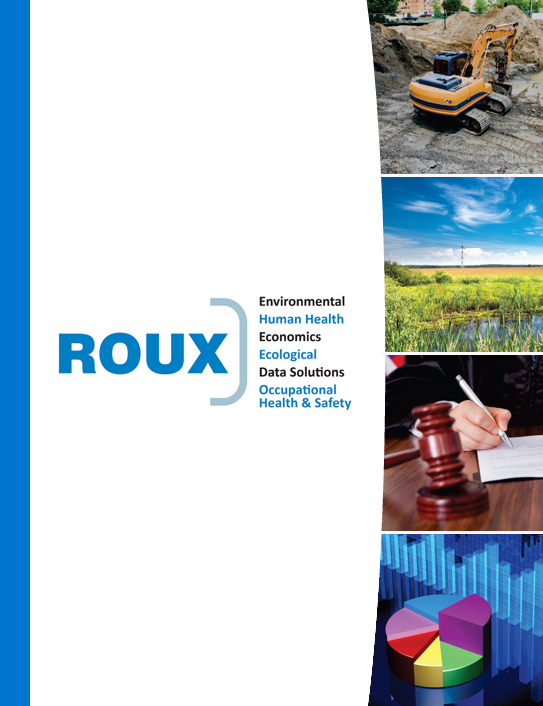Could Massachusetts CIAs impact your facilities?
Massachusetts has drafted a framework for requiring Cumulative Impact Assessments (CIAs) for certain air permit applications and is expected to propose the new regulations in October 2022. What’s a CIA? The United States Environmental Protection Agency (USEPA) defines cumulative impacts as “the total burden – positive, neutral, or negative – from chemical and non-chemical stressors and their interactions that affect the health, well-being, and quality of life of an individual, community, or population at a given point in time or over a period of time.” Chemical stressors can be those that are typically considered in environmental work (e.g., metals, particulates, volatiles, etc.), while non-chemical stressors include factors such as extreme temperature, noise, and social conditions.
These new regulations will increase the requirements and timeline for certain air permitting projects in Massachusetts that are located near Environmental Justice (EJ) communities. For new facilities, CIAs will be required for comprehensive plan approval (CPA) (i.e., for obtaining an air permit); while for existing facilities, CIAs will be required for CPA modifications that increase emissions by more than 1 ton per year (tpy). Interestingly, even projects that decrease emissions may be subject to increased notification requirements, if near an EJ population.
Under the new regulations, facilities will be subject to additional requirements, including but not limited to the following:
- A pre-application community notice must be filed 60 days before submitting the CPA application;
- A fact sheet for the community must be prepared and outreach conducted. Facilities will then be required to gather and summarize environmental, health, and demographic data through EPA’s EJScreen 2.0 and Massachusetts’ own EJ Screening tool;
- Facilities may be subject to additional air dispersion modeling, a human health risk characterization based on the modeling outputs, traffic emission modeling, and a qualitative description of the cumulative impact of the project; and
- Finally, after the application and CIA are submitted, the Massachusetts Department of Environmental Protection (MassDEP) will hold a 60-day public comment period, instead of the typical 30 days.
It is increasingly important to closely follow EJ and CIA regulations in Massachusetts and other states (such as New Jersey and California). Managing compliance with these new regulations will require additional steps when they are finalized, but some clients are proactively assessing the potential impacts that such steps could have on their operations, facility permitting, and regulatory compliance. For example, delays in air permit approval can be costly to facilities.
Use the link below to discuss how this might impact your facility with one of our experts.

